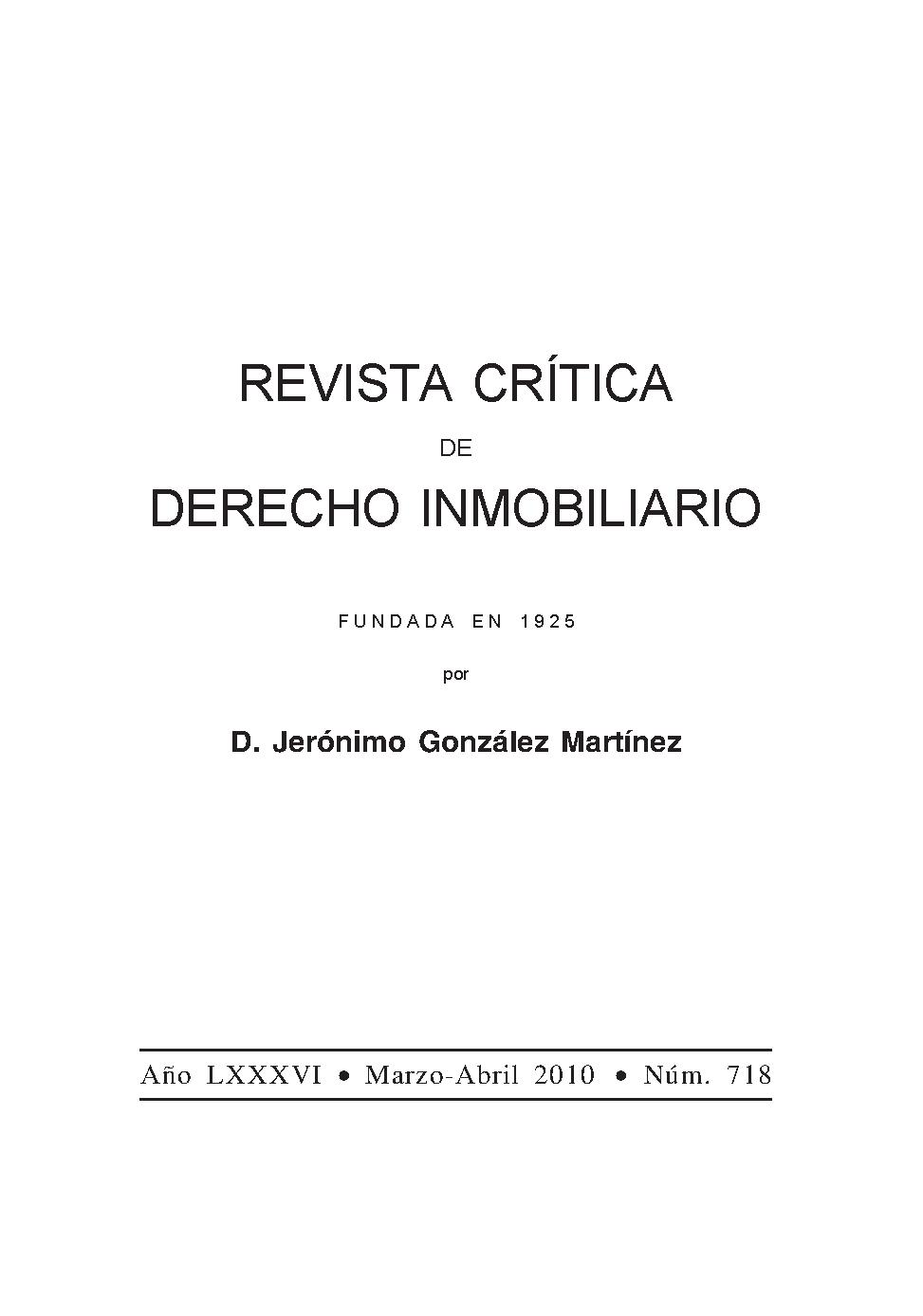ESTUDIO SOBRE EL CONCEPTO Y LOS EFECTOS DEL PRECONTRATO.
Keywords:
PRECONTRACTUAL AGREEMENTAbstract
The precontractual agreement or preliminary contract is one of the most heavily used types of precontractual instruments, and it is utilised for all kinds of transactions. Despite its frequent use, the precontractual agreement is surrounded by a swarm of controversial aspects. One of the causes of this controversy is the Civil Code's failure to provide any general rules on precontractual agreements. All the Civil Code does is to give an ambiguous rule about «promises to sell» in article 1,451. Accordingly, doctrine and case law have questioned several aspects regulated in article 1,451, such as the contents and effects of the right to reciprocally demand fulfilment. Indeed, it is unclear from the article's wording whether the article refers to the granting of consent, thus sealing the promised contract, or whether it alludes directly to the performance of the future contract. This lack of regulation, plus the absence of legislative antecedents to offer clear criteria, plus the disparity of solutions to be found in comparative law have provided the grounds for conflicting postures in Spanish doctrine and Spanish case law concerning the concept and effects of the precontractual agreement. Even so, there has always been one aspect on which there has been consensus: The precontractual agreement is a contract in itself whose purpose is to conclude another contract. Spanish doctrine has held up to six different theories on precontractual agreements. The ruling theory at present is that of the contractual process. However, none of the theories seems to provide a satisfactory response to the problems raised by the precontractual agreement. Case law is changing and casuistic and so makes it difficult to discern any clear jurisprudential posture on the precontractual agreement. From an analysis of the elements of the precontractual agreement and its purpose, the precontractual agreement may be concluded to be an autonomous contract whose main feature is the signing of another contract. Indeed, its very object is the conclusion of another contract. Its cause is the consent of the other party in order to achieve the sealing of the definitive contract. And that consent is the consent given in the precontractual agreement, because if it is necessary to sign the definitive contract as the precontractual agreement stipulates, then said contract will have another consent. At the same time, the precontractual agreement's content does not have to be identical to that of the definitive contract, and the elements of the definitive contract need not be painstakingly specified. Only the type of contract that is going to be made has to be stated. As befits the purpose of the precontractual agreement, cited above, the precontractual agreement renders the making of the future contract obligatory. But if this obligation is not met, the correct posture would seem to be simply to grant a right to payment for damages under article 1,101 of the Civil Code. The reason is that, regardless of whether a substitute for consent can be given judicially (and pursuant to section 708 of the Act on Civil Procedure there appear to be no obstacles to such a solution), clearly the intention of the parties is not to force one another to perform the definitive contract, but to grant their consent.









